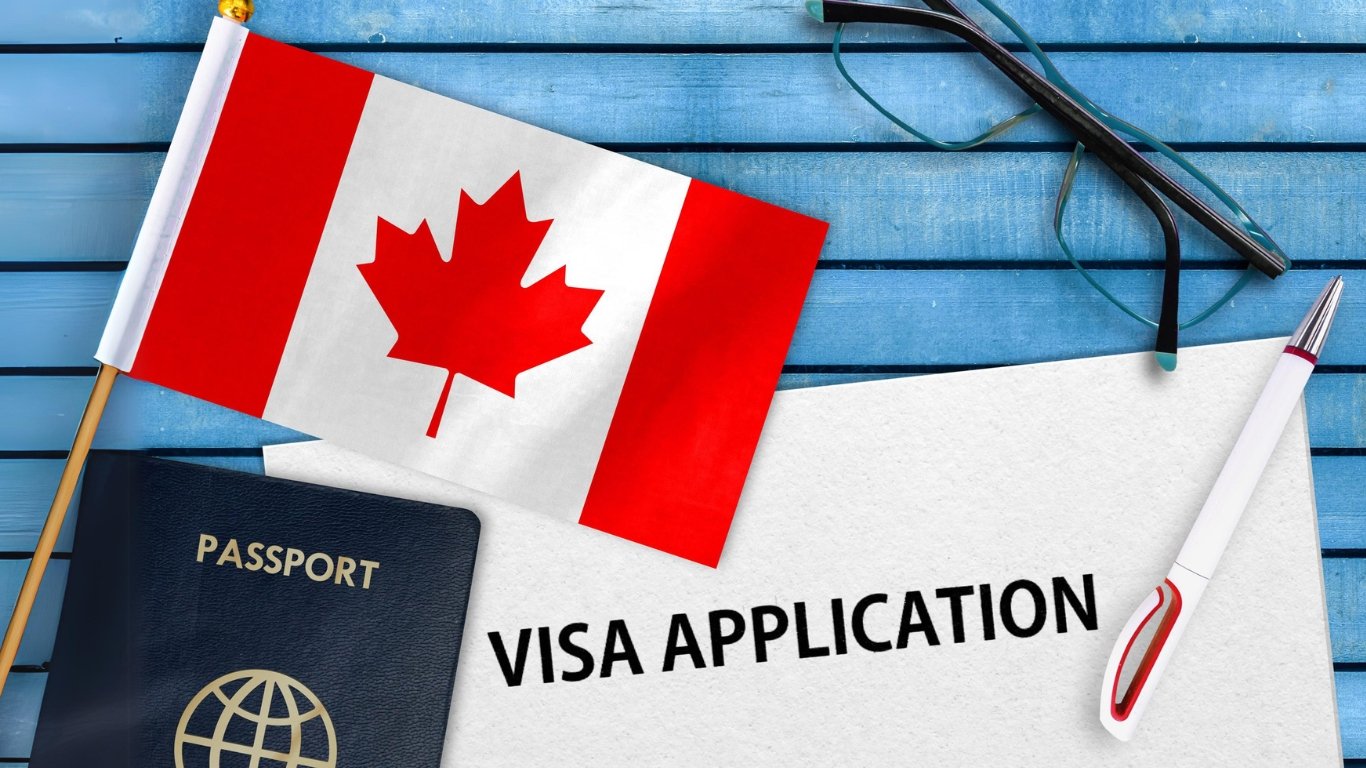
DISCOVER, ACHIEVE, EXCEL

DISCOVER, ACHIEVE, EXCEL

In March 2024, Canada introduced new provincial visa requirements to streamline the study permit application process for international students. These changes, particularly the introduction of the Provincial Attestation Letter (PAL), are designed to ensure a stronger alignment between international students’ educational pursuits and the specific needs and priorities of Canadian provinces and territories.
This blog dives into:
Read more below,
A Provincial Attestation Letter (PAL) is an official document issued by a provincial government. It confirms that a student’s chosen educational program meets the province’s priorities and that the province has available space within its allocated cap for new study permits. This new requirement aims to enhance transparency and strengthen the connection between students’ studies and provincial needs.
Most new international post-secondary students applying for a study permit will need to include a PAL with their application. This requirement is essential for:
However, not all students need a PAL. Exemptions include:
The PAL was introduced as part of broader efforts to manage the number of international students and to address issues such as housing shortages and overcapacity in some educational institutions. By aligning study permit approvals with provincial priorities, the Canadian government aims to ensure sustainable population growth and better integration of international students into local communities.
The process of obtaining a PAL involves several steps:
The introduction of the PAL adds an extra step in the application process, but it also brings benefits. A successful PAL application can enhance a study permit application by providing immigration officers with comprehensive information about the program’s relevance to the province’s goals. This new requirement may seem daunting, but it ultimately aims to create a more robust and tailored educational experience in Canada.
Canada’s new provincial visa requirements mark a significant shift in the study permit application process for international students. By understanding and navigating the PAL process, students can better align their educational goals with the priorities of Canadian provinces, ensuring a smoother application process and a more integrated experience upon arrival.
Chat On Whatsapp
24/7 availableWrite An Email
24/7 availableCall Now
Available between 10:30am - 6:30pmJoin EduVoyage for expert guidance and a personalised approach to help you achieve your dream education. Contact us today to get started!



